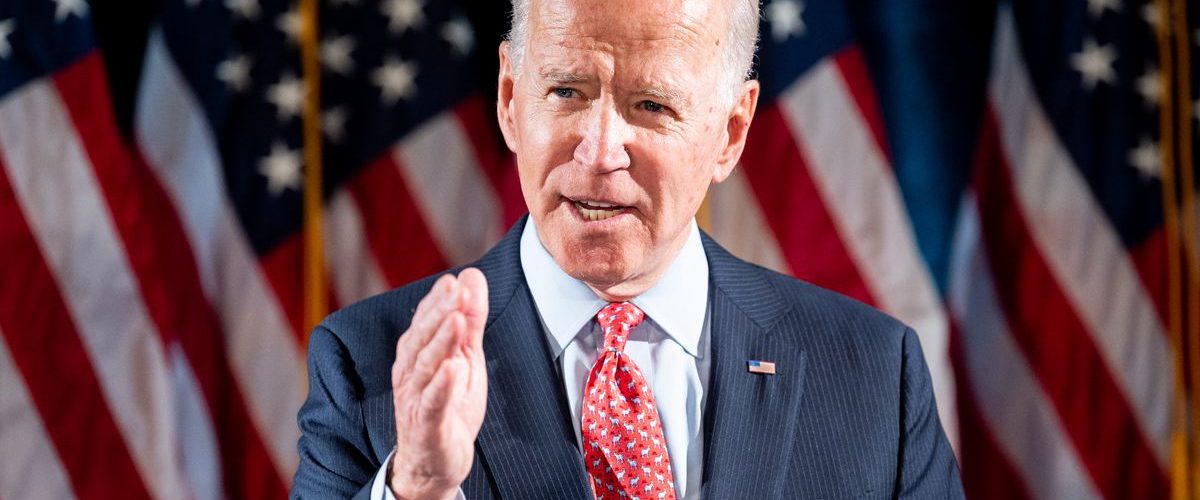After the end of the Cold War, in a bid to strengthen the United States’ relationship with Africa, U.S. Presidents have implemented change-driven but standalone policy and programs, like Clinton’s African Growth and Opportunity Act, Bush’s President’s Emergency Plan for AIDS Relief (PEPFAR), Obama’s Power Africa, and Trump’s Prosper Africa. However, for Trump’s policy, rather than improve the U.S. relationship with Africa, it has cut-back on trade relations, foreign direct investments, development assistance and diplomatic ties, especially with his infamous “shit-hole countries” remark.
In 2019, when Nigeria’s Ngozi Okonjo-Iweala vied for the position of World Bank President, pundits predicted that her candidacy was dead on arrival. Unsurprisingly, Trump’s ally, David Malpass was appointed as the 13th president of the Bretton Woods institution. Behind the scenes, what occurred was Trump delivering another ‘America First’ Foreign Policy objective at the expense of strengthening Africa’s growing power in international trade.
The same policy strategy is still playing out with Okonjo-Iweala’s nomination as World Trade Organisation’s (WTO) Director-General with the U.S. pulling its weight behind South Korea’s Yoo Myung-hee. Okonjo-Iweala as WTO’s chief solidifies Africa’s position in international trade and strengthens its forty-four voting blocs in the organisation, Trump would not allow this to happen, as he views the continent as an extension of China’s influence.
However, Joe Biden’s emergence as the winner of the 2020 U.S. Presidential election will create another turning point for US-Africa relations in terms of preserving human rights, improving development assistance, diplomatic relations, trade and investment, as predicted by economists, democracy and development experts, politicians, foreign policy analysts and journalists. Taking stance from these predictions, the sub-headings explained below is how Biden’s Presidency could affect US-Africa trade.
Restructuring Trade Policy and Agreement
Returning U.S. trade policy back to multilateral agreements, rather than the bilateral one favoured by Trump’s administration. Bilateral trade agreements affect land-locked countries like Chad, Lesotho, Niger Republic, Uganda, etc. as they may not have economic interest to the U.S.
Biden’s Presidency facilitating a multilateral trade agreement with South Africa or Nigeria, which shares a border with these land-locked countries will have a spill-over effect on trade and other positive economic advantages for these [land-locked] nations.
Restore tariff-free access to U.S. markets
Since Clinton’s African Growth and Opportunity Act (AGOA) became operational in 2000, it has been the main policy used for conducting trade, providing tariff-free access to 6,500 products from 39 countries.
However, Trump’s administration suspended Rwanda from the AGOA in 2018, after the East African country introduced substantial duties on imports of second hand clothes.
After assumption of office, Biden could lift the suspension, open the door for negotiations and compromise that will benefit affected parties.
Repositioning AGOA
In 2015, AGOA was extended till 2025 to provide tariff-free access to agricultural goods, textiles, and about 6,500 African products. USAID data revealed that through AGOA, trade quadrupled in value from 2002 to 2008, reaching $100 billion in the same year, but fell back to $39 billion in 2017.
Biden’s policy strategy to strengthen US-Africa relations could include facilitating trade agreement, foreign direct investments and development assistance through AGOA, as a positive legacy of his administration.
Supporting AfCFTA
The opportunities presented by the African Continental Free Trade Area (AfCFTA) with a single market of over 1.2 billion people and free movement of goods, people and capital, makes it perfect for governments interested in the economic advancement of African countries to partner.
Biden could support the AfCFTA as it will attract U.S. companies to sell and invest within Africa, thereby improving foreign trade and exchange for all the countries in the continent.
Nonetheless, if Biden decides to either change or continue Trump’s Africa policy, his commitment to return the U.S. to the Paris Accord on Climate Change and restore its membership in the World Health Organization (WHO) would still have spill-back effects on Africa’s trade.
This article conveys the views of the author and not necessarily that of Ominira Initiative.


